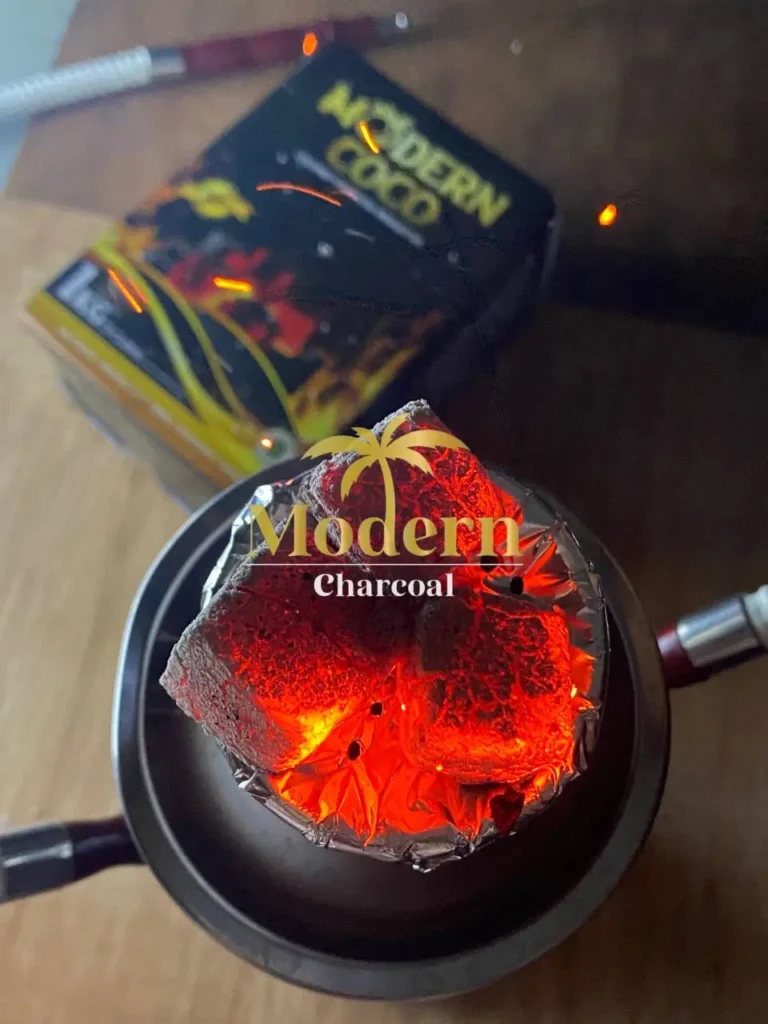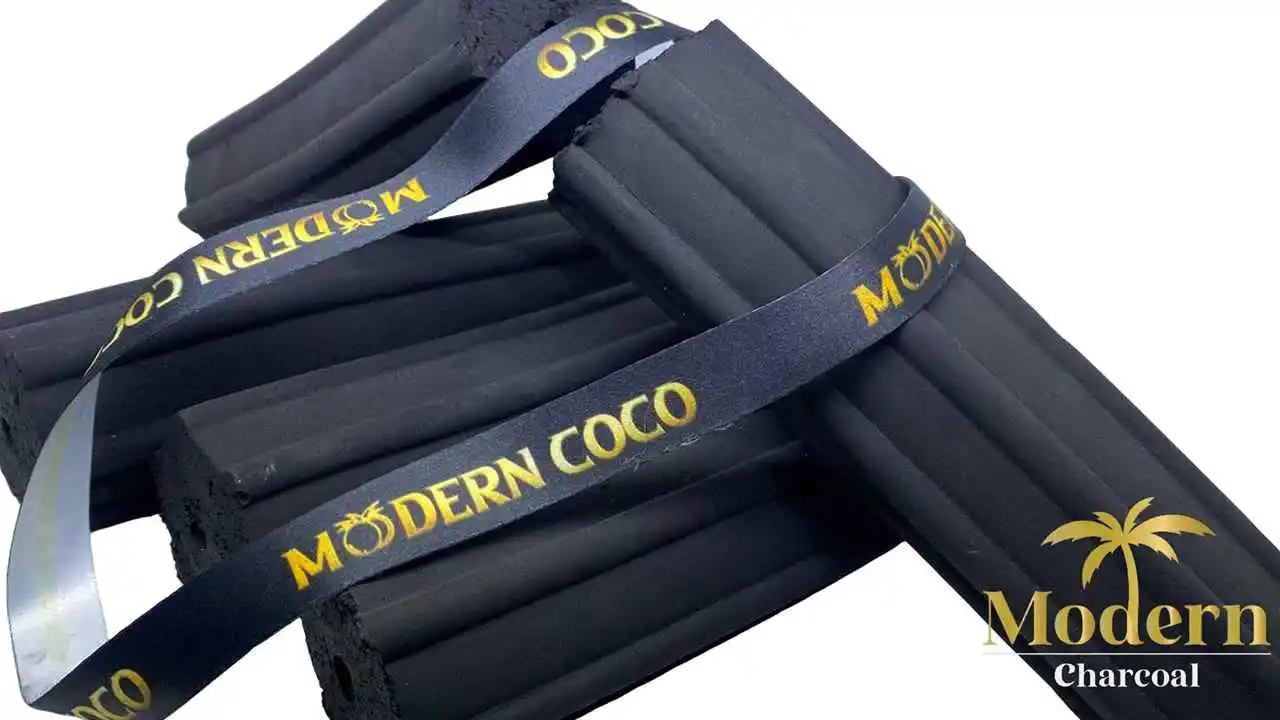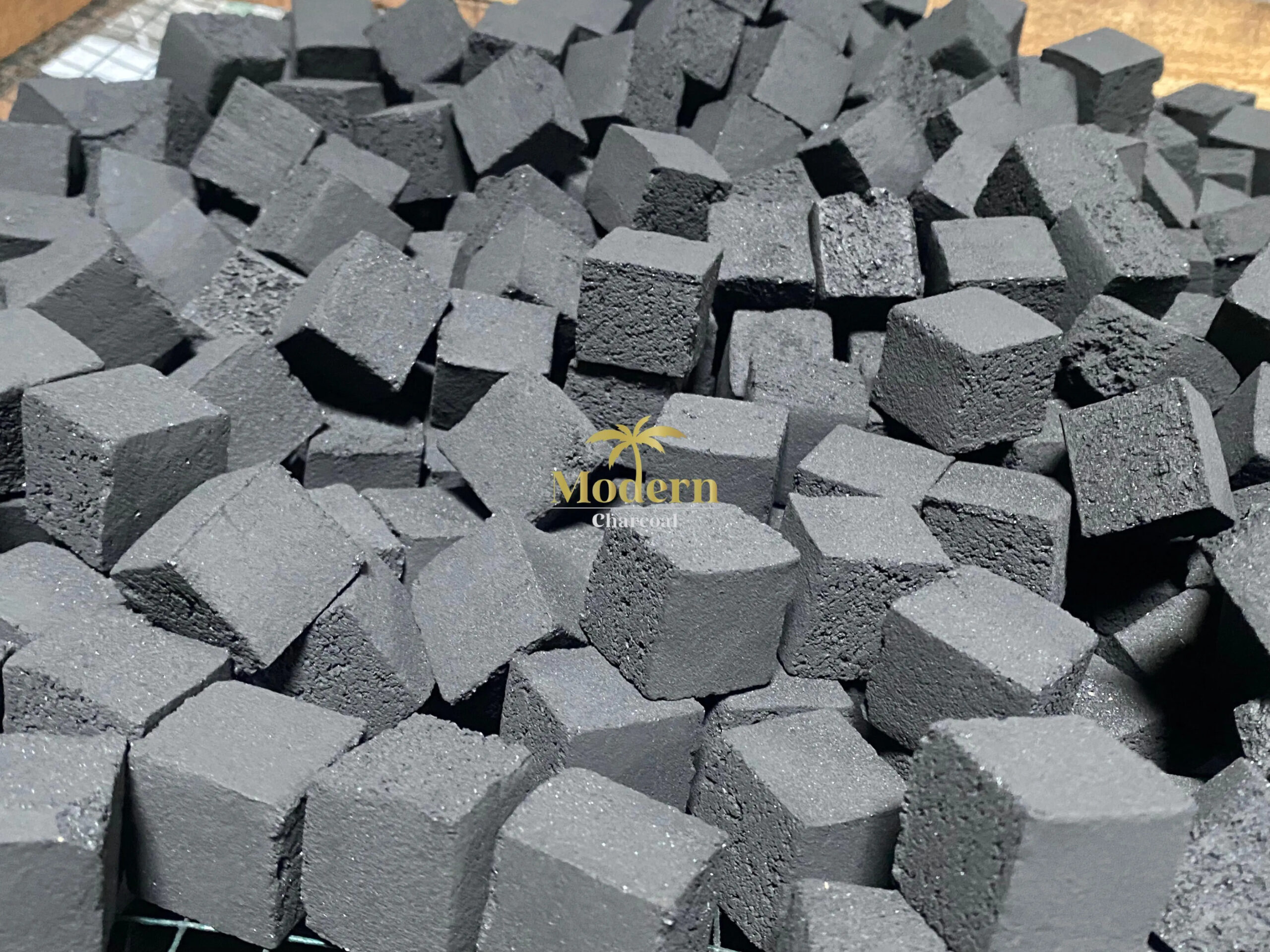Charcoal Briquettes are a popular choice for outdoor grilling and barbecuing due to their convenience, consistent heat, and long burn time. Made from compressed charcoal dust and other materials such as sawdust, binders, and sometimes additives for improved burning, briquettes offer an efficient and manageable way to cook outdoors. In the pursuit of maintaining a fresh and odor-free environment within our homes, many of us are on the constant lookout for natural and effective solutions. Among the myriad of options available, charcoal briquettes have emerged as a popular choice for absorbing unpleasant odors. But how effective are they really? Let’s dive into the science and practicality of using charcoal briquettes to combat odors and discover whether this is a myth or a genuine household hack worth adopting.

The Science Behind Charcoal Briquettes and Odor Absorption
Charcoal, particularly activated charcoal, is renowned for its porous nature and its ability to trap chemicals and odors. This process, known as adsorption (not to be confused with absorption), allows charcoal to capture and hold onto odor-causing particles and gases on its surface. Activated charcoal undergoes a specific treatment process, increasing its porosity and surface area, which enhances its odor-absorbing capabilities.
However, it’s crucial to distinguish between activated charcoal and the charcoal briquettes commonly used for grilling. Charcoal briquettes are often made from a mixture of charcoal, coal, starch (as a binder), and sometimes clay. While they do contain charcoal, which has odor-absorbing properties, their effectiveness is diluted due to the additional components. Moreover, some charcoal briquettes are treated with chemicals to enhance their burning properties, which may not be ideal for indoor air quality.
Practical Application and Effectiveness
Despite the differences between activated charcoal and charcoal briquettes, anecdotal evidence suggests that even regular charcoal briquettes can provide some benefit in odor absorption. This is particularly true for large, open spaces such as basements, garages, or areas where the odor is not concentrated. For optimal results, the briquettes need to be spread out in shallow trays or bowls to maximize the surface area exposed to the air.
It’s worth noting that while charcoal briquettes may help reduce general odors, they might not be as effective as activated charcoal in targeting specific, stubborn smells. Furthermore, the odor-absorbing capacity of charcoal briquettes is finite. Over time, the pores in the charcoal will become filled with odor-causing particles, diminishing its effectiveness. To maintain their odor-fighting properties, the briquettes need to be replaced regularly, typically every few months, depending on the odor intensity and exposure. Whether you’re hosting a backyard barbecue, tailgating before the big game, or simply enjoying a meal with family, Our Best Charcoal Briquettes are your go-to choice for a flawless grilling experience. Their versatility makes them suitable for a wide range of dishes — from perfectly seared steaks and tender, juicy chicken to delicately grilled vegetables.

Health and Environmental Considerations
Using charcoal briquettes as an odor absorber also raises questions about health and environmental impacts. As previously mentioned, some briquettes contain chemicals to aid in burning, which could potentially be released into the air. For those concerned about indoor air quality and chemical exposure, it’s essential to choose natural, untreated charcoal briquettes or, better yet, opt for activated charcoal designed for air purification. Natural charcoal briquettes are a premium choice for grilling enthusiasts who prioritize both flavor and environmental responsibility. Crafted from 100% natural materials, such as hardwoods, coconut shells, or bamboo, these briquettes offer a cleaner, more sustainable option for your barbecue needs.

Conclusion
While charcoal briquettes can absorb odors to some degree, their effectiveness is limited compared to activated charcoal. They can be a cost-effective solution for reducing general odors in large spaces but may not be suitable for all applications, especially where specific, potent odors are concerned. For those seeking a natural odor-absorbing solution, exploring activated charcoal products designed for this purpose might offer better results. As with any home remedy, it’s essential to weigh the benefits against any potential health and environmental impacts, ensuring a safe and pleasant living environment.



